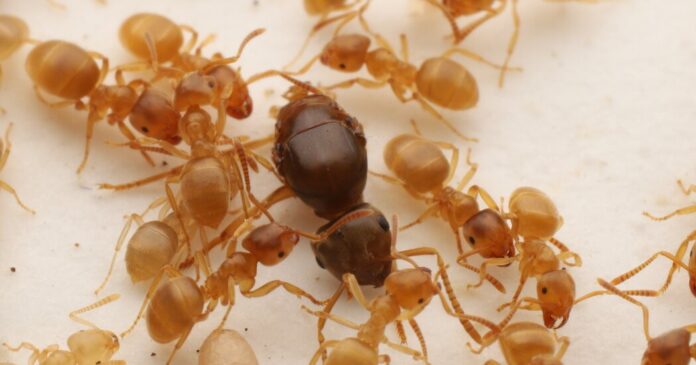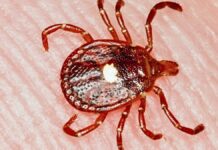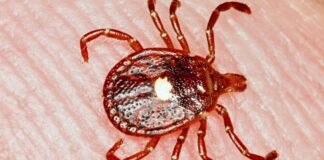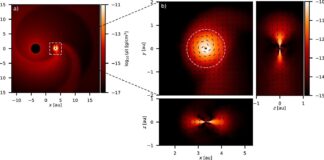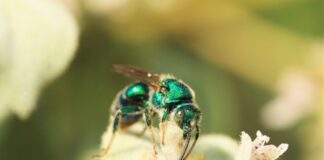New research reveals a chillingly effective strategy employed by parasitic ant queens: they manipulate worker ants into murdering their own queen, seizing control of the colony through orchestrated violence. This isn’t a direct, queen-on-queen conflict, but a calculated manipulation that turns the colony’s defenders into executioners.
The Discovery: A Citizen Scientist’s Breakthrough
The groundbreaking observation came not from a traditional laboratory, but from Taku Shimada, a dedicated ant enthusiast in Japan. While not a formally trained scientist, Mr. Shimada’s years of meticulous observation, photography, and ant husbandry have made him a respected figure within the entomological community. His relentless pursuit of rare ant species led him to document this previously unseen behavior.
How the Manipulation Works: A Step-by-Step Takeover
Mr. Shimada’s experiments, captured on camera, detail the process. The parasitic queen, Lasius orientalis, infiltrates a host colony and initiates the takeover by spraying the resident queen with a chemical substance, likely defensive formic acid. This triggers a violent reaction from the worker ants – the queen’s own daughters – who then turn on her, biting and eventually killing her.
This contrasts sharply with previously observed queen-killing methods, which typically involve direct, brutal physical attacks by the invading queen.
The Evolutionary Advantage: Efficiency in Conquest
The parasitic queen’s strategy is inherently risky; infiltrating a hostile colony exposes her to immediate attack. However, the evolutionary payoff is significant. By manipulating the worker ants, she bypasses the arduous process of building a colony from scratch. Instead, she immediately gains access to an established workforce, resources, and infrastructure.
“She can use all the resources that are already in place and get her own colony up and running much faster,” explains Rachelle Adams, an evolutionary biologist at Ohio State University.
The Significance of the Discovery: Filling a Knowledge Gap
For years, scientists have known that Lasius orientalis parasitizes other ant species, but the exact mechanisms of takeover remained unclear. Mr. Shimada’s work provides the first direct evidence of this manipulative behavior, confirming that the parasitic queen doesn’t simply overpower the host queen but actively orchestrates her demise through the colony’s own defenders.
Daniel Kronauer, an evolutionary biologist at Rockefeller University, emphasizes the importance of this finding: “It wasn’t clear how queen-killing worked in this species, and now we have the first report that shows the parasitic queen actually manipulates the host workers into killing their mother.”
This discovery highlights the complex and often ruthless strategies employed by parasitic species to maximize their reproductive success. The ability to manipulate social behavior within a colony represents a particularly sophisticated form of exploitation, demonstrating the evolutionary pressures that drive even the smallest creatures to engage in Machiavellian tactics












